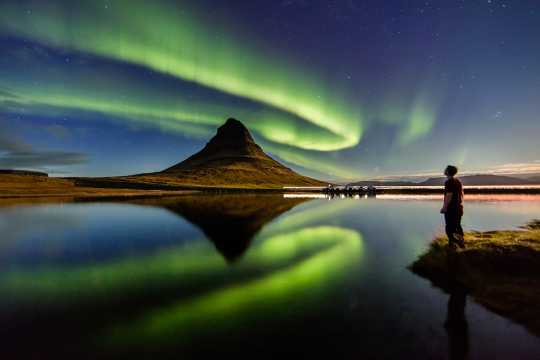As content creators continue to explore new avenues of creativity and expression, the world of music licensing has become an essential aspect of their work. Whether creating videos for social media platforms, podcasts, or other forms of multimedia content, using licensed music can enhance the overall quality and appeal of the content. However, navigating the complex world of music licensing can be challenging for many creators.
One way content creators can ensure they are using music legally in their content is by obtaining proper licenses from music rights holders. Licensing music for use in videos, podcasts, or other content typically involves obtaining a synchronization license, which grants permission to use the music in combination with visual media. Additionally, creators may need to secure performance licenses if their content will be available to the public in a live setting, such as a concert or event.
Another option for content creators looking to incorporate music into their work is to use royalty-free music libraries. These libraries offer a wide range of music tracks that can be used in content without the need for individual licenses. While royalty-free music libraries offer a convenient and cost-effective option for creators, it is important to carefully review the licensing agreements to ensure compliance with usage restrictions.
In recent years, the rise of digital platforms and streaming services has also created new opportunities for content creators to access music for their projects. Platforms like Spotify, Apple Music, and YouTube Music offer extensive catalogs of music that can be licensed for use in content. Additionally, services like Soundstripe and Epidemic Sound provide subscription-based models that allow creators to access a wide range of music tracks for a monthly fee.
For content creators looking to incorporate music into their work, it is important to understand the various licensing options available and to ensure compliance with copyright laws. Failure to obtain proper licenses for music use can result in legal penalties, including fines and possible removal of the content from online platforms.
Reading app for audiobooks is another avenue that content creators can explore to enhance their projects. Audiobooks offer a unique way to incorporate storytelling and music into content, providing an immersive experience for listeners. By using a reading app for audiobooks, creators can access a wide range of audiobook titles and seamlessly integrate them into their projects.
In conclusion, navigating the world of music licensing for content creators requires careful consideration of the various licensing options available. Whether securing individual licenses, using royalty-free music libraries, or exploring digital platforms and streaming services, content creators can enhance their projects with the addition of music. By understanding the importance of music licensing and ensuring compliance with copyright laws, creators can continue to create engaging and compelling content for their audiences.
For more information visit:
Home | Science of Reading Literacy Training & Games for Teachers Sound Readers
https://www.soundreaders.com/
Science of Reading Teacher Training & Sound Readers’ Crazy Cards for K-3 Teachers looking for structured literacy, Orton-Gillingham, and/or systematic and explicit phonics information. Phonics Card Games for Literacy Centres played like Crazy 8’s only with words. Learning to read games!
Are you ready to be immersed in a world of audio adventures? Tune in to soundreaders.com for a thrilling journey through captivating stories and immersive soundscapes. Get ready to listen, escape, and be transported like never before. Welcome to a whole new dimension of storytelling.


